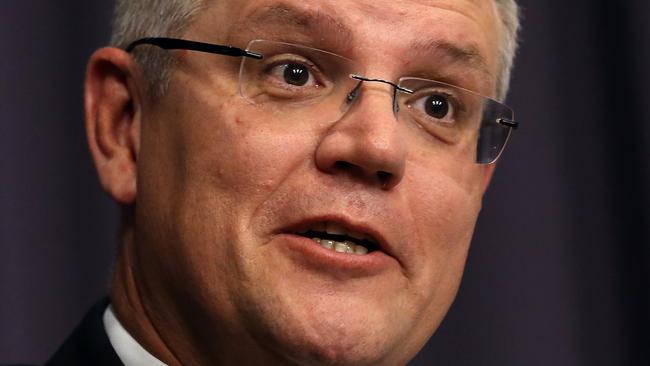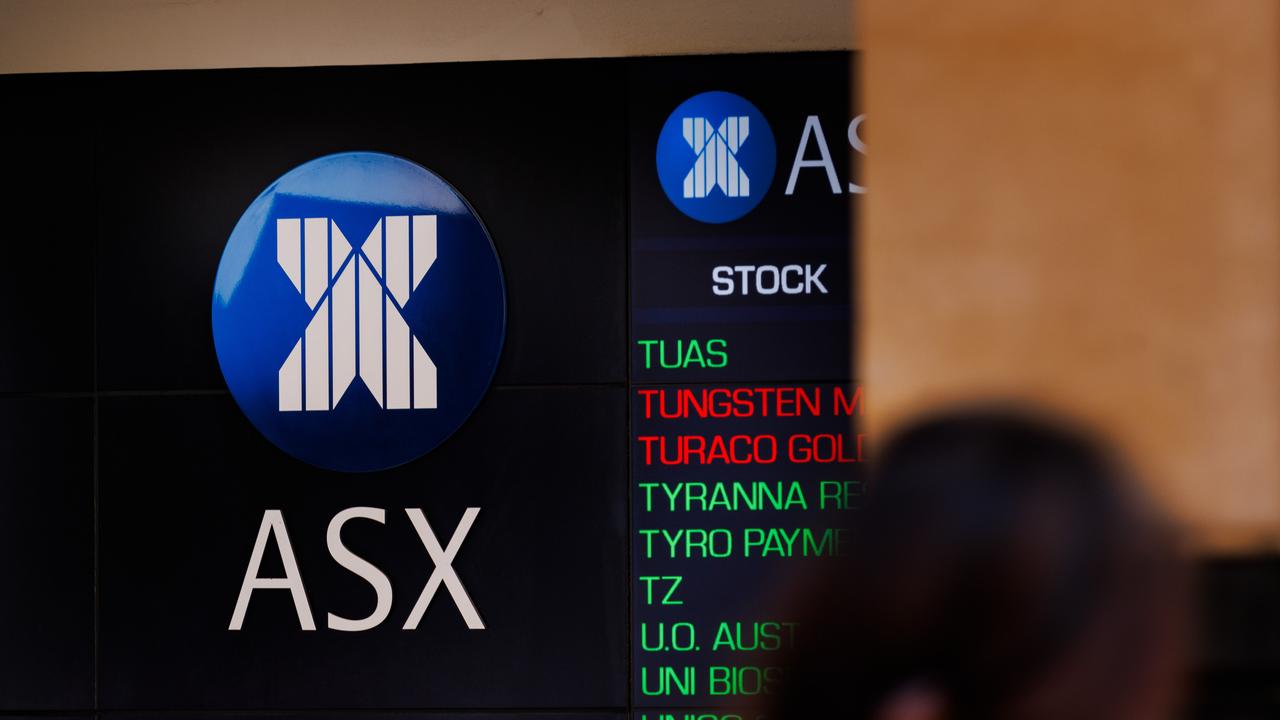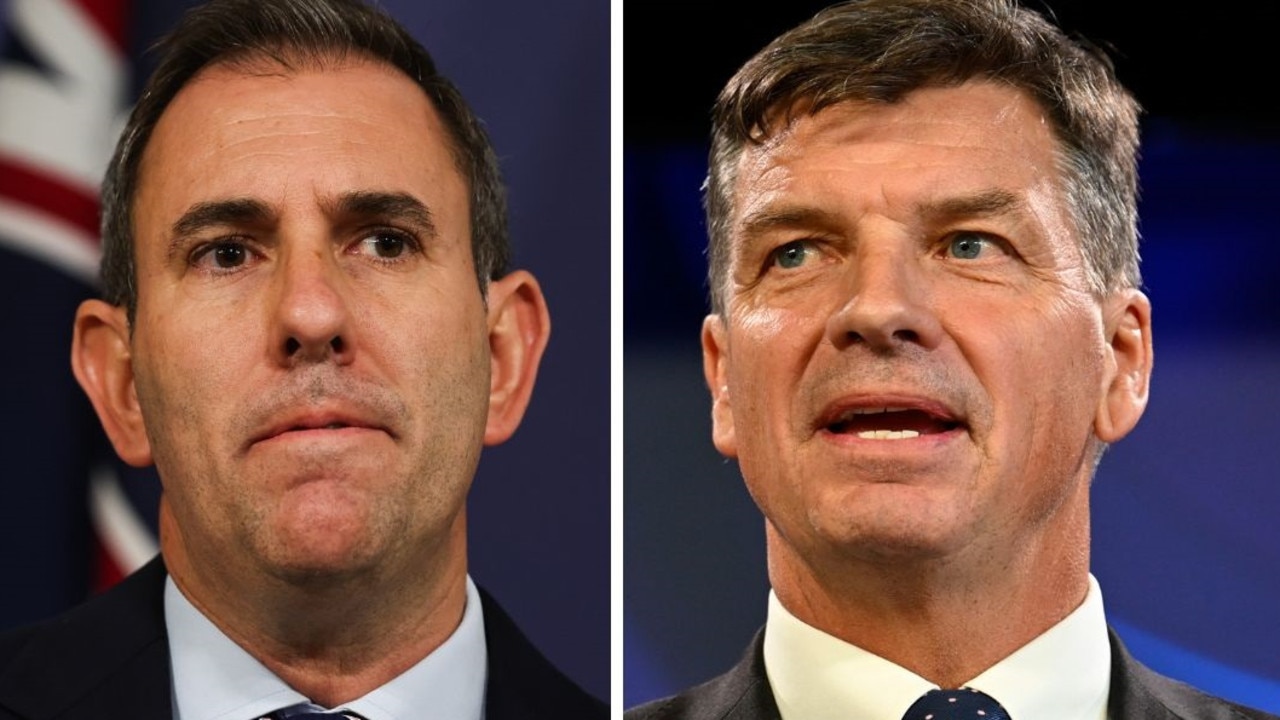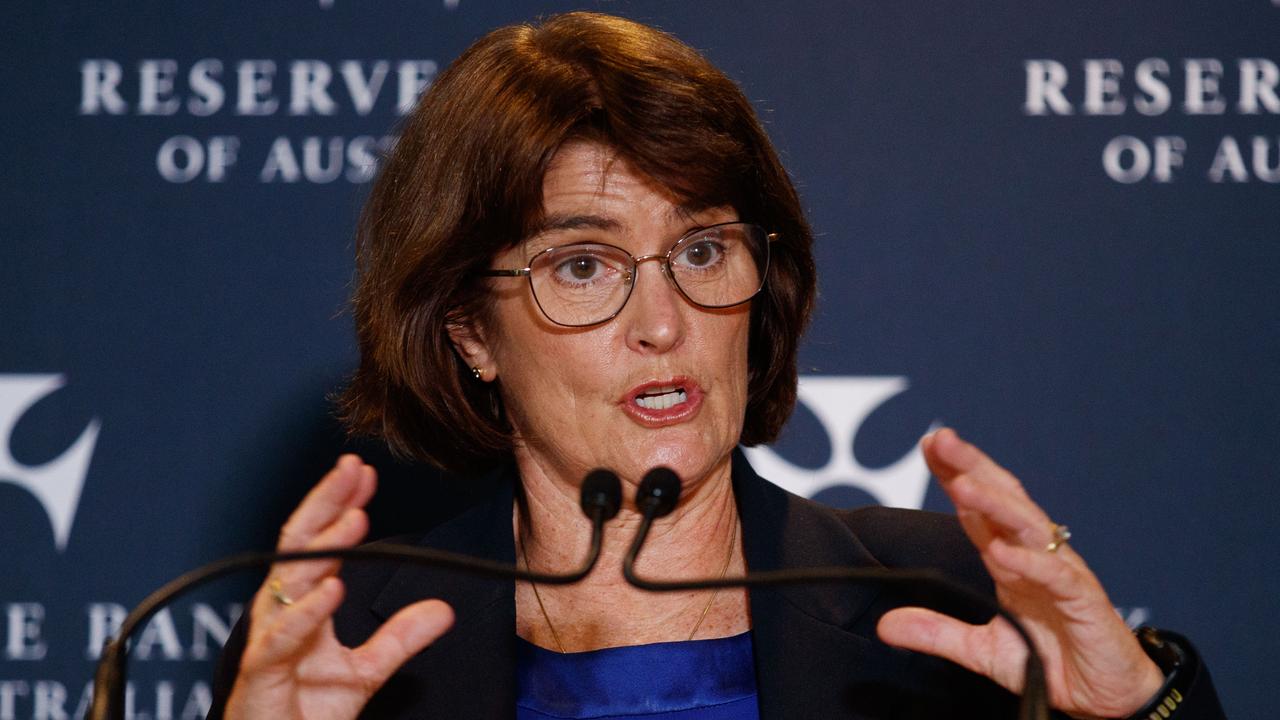Tax increase or savings measure? Scott Morrison’s ‘dishonest’ backflip slammed
WHEN the Coalition was in opposition, they mocked Wayne Swan for saying this. Now it may come back to bite Scott Morrison.

WHEN is a tax increase actually a “savings measure”?
Apparently, when you’re Scott Morrison.
The Coalition has been called “profoundly and fundamentally dishonest” over its description of tax increases in the form of reduced concessions to superannuation as “savings”.
Fairfax Media reported today that the government was planning to increase taxes on the superannuation contributions of around 244,000 Australians earning more than $180,000.
The reduction in tax concessions, reportedly mooted in the Budget in a bid to outflank Labor, will net the government an extra $2 billion a year from the $2 trillion superannuation pot.
In 2013, the Coalition slammed Labor for claiming the government had delivered “nearly $140 billion in savings” over the previous five budgets, saying it was blurring the divide between spending cuts and revenue measures.
The Coalition repeatedly said that many of the “savings” were tax increases, including a condensate tax on oil and gas companies, a luxury car tax, superannuation levies and the mining tax, The Australian reported at the time.
Earlier this week, Sky News revealed that leaked advertising scripts planned for after the May 3 Budget would spruik $16 billion in savings over four years, highlighting “tax reform, a crackdown on superannuation concessions, changes to multinational tax laws and budget savings”.
Sinclair Davidson, Professor of Institutional Economics at RMIT University and Senior Fellow with conservative think-tank the Institute of Public Affairs, said the Coalition had been captured by the “Canberra ethos”.
“It’s profoundly and fundamentally dishonest [to describe tax increases as savings],” he said. “We all mocked Wayne Swan when he did it, and Scott Morrison is in for a nasty surprise if he thinks he’s not going to get mocked as well.
“The whole idea that all money somehow belongs to the government is quite ludicrous.”
Prof Davidson said the push to “crack down” on super was “exactly the wrong policy”, not least because many of those affected are likely Liberal voters.
“The Liberals should never be trying to outflank the Labor Party on their own policy,” he said. “The whole idea of super is to make people less reliant on the pension and state health in their old age. The government is actually dragging people out of self-reliance.”
Savings should never be taxed in the same way as revenue, he argues.
“It’s a big nanny state affair. We force people to save to keep them away from the nanny state, and then the nanny state comes and confiscates their savings.”
Michael Potter, economist with free-market think tank the Centre for Independent Studies, said it was “Orwellian” to describe a tax increase as a saving.
“We should never be calling a tax increase a savings measure,” he said. “A savings measure is where you reduce spending. It’s not good language.”
He said there was an important argument that for people at the very low end, people earning below the tax-free threshold for example, the tax on super contributions was too high.
“As to whether the taxes at the higher end are too low, that’s debatable,” he said.
According to Mr Potter, the Commonwealth’s current tax to GDP ratio is currently at 22.3 per cent, above its 40-year average of 22 per cent.
Bracket creep — the process of inflation forcing people into higher tax brackets — is set to increase the overall tax burden “well above” the historical average over the next six years even without higher taxes imposed by the government.
“The last thing that Australia needs is for the government to cave in to the demands for tax increases,” Mr Potter said.
Jordan Eliseo, chief economist with ABC Bullion, said he didn’t believe the government had a plan to slash spending and therefore had no choice but to look for alternative sources of revenue.
“It’s unfortunate for higher income earners because they’re obviously already paying significant amounts of income tax, so obviously the ability to keep a little bit more of their wealth via super is attractive,” he said.
Mr Eliseo said he wasn’t holding his breath for a credible path back to surplus.
“But I’m hoping what comes out in the Budget will at least be a step in the right direction,” he said. “I think the Australian people can handle a bit of tough love after 25 years of uninterrupted growth.
“That is the message that needs to come out and be made clear. We just need to adjust our expectations and tighten our belts.”
A spokeswoman for the Treasurer said: “The Government doesn’t comment on Budget speculation. The Budget will be handed down on May 3.”




